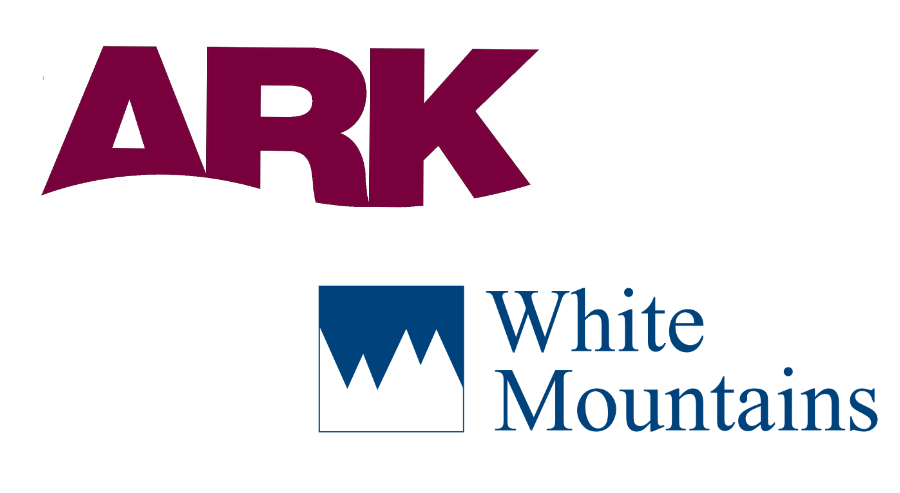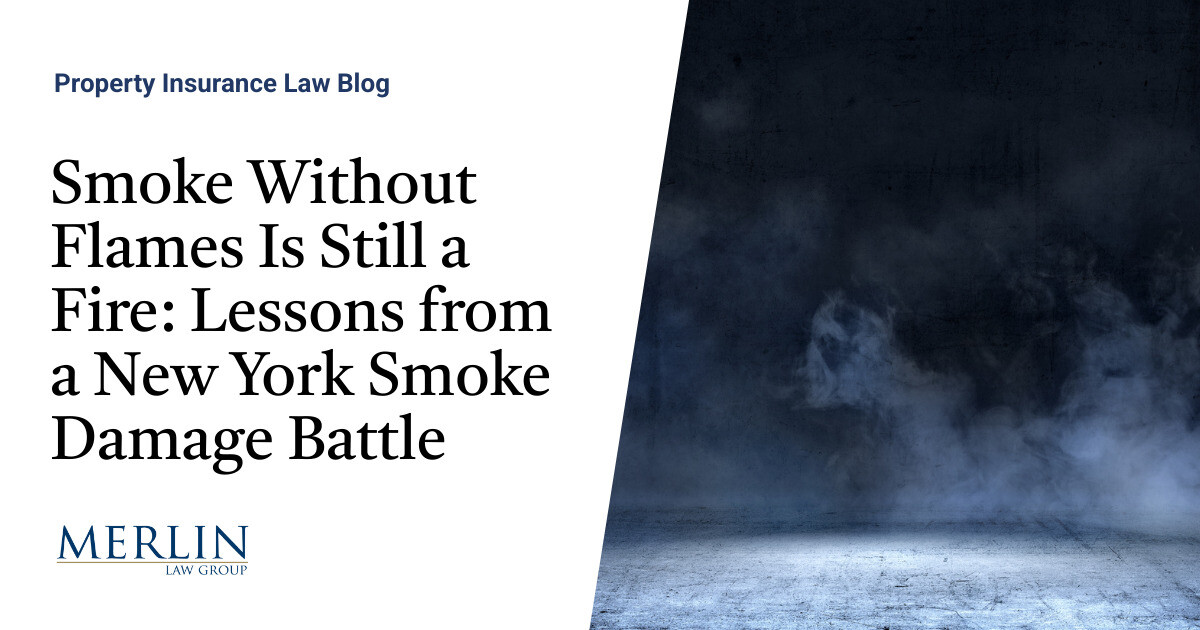
It’s a great debate among life insurance professionals, consumers, and financial planners: Term vs.Whole Life Insurance, which is best? Term life insurance offers low cost protection with guaranteed level premiums for a fixed duration, typically 10, 15, 20, or 30 years.Whole life insurance offers lifetime guaranteed coverage with the additional benefit of accumulating cash values.
While each has its pros & cons, continue reading to find out which could be better for your needs.Table of Contents: Term vs.Whole Life Insurance Calculator What Is Term Life Insurance? What Is Whole Life Insurance? Pros & Cons of Term Life Insurance Pros & Cons of Whole Life Insurance What Happens To Life Insurance Cash Value? Final Calculations Compare Quotes Now! When analyzing term vs whole life insurance, you’ll want to look at several different factors.
We’ll cover how to calculate the differences between term and whole life insurance and help you decide which option is best for your needs.Term life insurance offers low cost protection for a specified period of time, such as 10, 15, 20, or 30 years.During this time the premiums and death benefit is guaranteed to stay level.
Term life insurance is the most basic form of life insurance and offers a death benefit as its only real benefit (it has no cash value).How Does Term Life Insurance Work? Term life insurance is the most basic form of life insurance because it pays death benefits only.Choosing a term life insurance policy is quite simple as it is 3 step process which includes: Select the amount of coverage (death benefits) you wantChoose the length of coverage or term such as 10, 20 or 30 yearsChoose your beneficiary(s)RELATED: 5 Critical Tips You Must Know Before Buying Life Insurance Whole life is a form of permanent life insurance.
Whole life insurance also pays out a death benefit upon the death of the insured person.However, it differs from term in that it offers lifetime coverage with fixed level premiums.Additionally, it offers the benefit of accumulating cash values.
How Does Whole Life Insurance Work? Whole life insurance contains 3 components: PremiumsDeath BenefitsCash Value AccumulationWhen you pay your premium, a portion of the premium is applied to death benefits and a portion is applied to the cash value accumulation.For the first 5 to 10 years the majority of the premiums you pay in these early years of the policy are applied to the death benefits portion (cost of insurance) along with policy fees & commissions.After this period, the cash value will receive a greater portion of the premium.
Another portion of your premium is also used to pay for administrative costs.Your beneficiaries are entitled to receive only the death benefit portion of the policy when you die.You have no choice in how the life insurance company applies the premium you pay.
You can cash in or surrender your policy at any time.Otherwise, coverage is for your lifetime.Pre-existing health conditions? AIG Direct specializes in insuring people just like you.
From high blood pressure to diabetes, AIG Direct has seen it all and since they have access to multiple companies, they can find you the absolute lowest rates! Click below to see if you qualify.FREE AIG DIRECT QUOTE Quotes are quick, easy, and free! Whole Life Insurance Cash Value You can cash in either a portion of the cash value accumulation or receive the full amount if you surrender the whole life policy.The cash value portion is non-taxable so long as it does not exceed the amount of total premiums you paid (the cost basis) when you cash in a portion or surrender the policy.
Any cash value in excess of the total premiums paid is taxable.All you have to do is contact the life insurance company and they will provide you with current values and a surrender/withdrawal form.You complete the form and submit it to the company.
If you surrender the policy, you may receive less than what you paid in.RELATED: Check Sample Life Insurance Rates by Age (No Personal Info Required) Pros Of Term Life Insurance Term life insurance is the most affordable and the most suitable form of life insurance for the majority of Americans.Term is a fraction of the cost of what you would pay for a similar whole life policy.Term is an excellent choice for: Income Replacement Mortgage and Debt Payoff Business Policies (key man and buy-sell arrangements) The majority of term policies also come with a conversion feature where you can convert your term policy to a permanent policy without a medical exam.Cons Of Term Life Insurance Term life can be very costly if you have to renew the policy later with age and health issuesPolicies do not offer any living benefits and have no savings features Skip the Needles! Want to take the “pain” out of life insurance? We don’t blame you! Bestow is one of our top recommended no-exam companies offering 10 and 20 year plans up to age 55.See if you qualify for “no exam” today.
FREE NO EXAM QUOTE Quotes are quick, easy, and free! Pros Of Whole Life Insurance Whole Life provides coverage for your entire lifetimePremiums are guaranteedThe cash value accumulation feature is non-taxable, unlike other investment vehicles.You can borrow against the cash value accumulation feature.Many policies offer living benefits.Cons Of Whole Life Insurance Whole life policies are typically very expensive.Cost is 10X or more than a comparable term life insurance policyWhole life policies are very inflexible as it relates to your premium payments.The cash value accumulation rate is much lower than rates provided through other investment vehicles.The cash value accumulation portion of any permanent life insurance is only available to the insured person while they are still alive, and is available to borrow against (for which the policyholder will be charged interest) or for withdrawal.If you have borrowed against the cash value accumulation while still alive, any amount that has not been re-paid, along with interest, will be deducted from the death benefits when you die.
Here’s the real shocker! What most people don’t know is that when you die the cash value is not payable to your beneficiaries– it is absorbed by the life insurance company.This applies to all forms of permanent life insurance policies, whether it be Whole Life or Universal Life.Find Out If You Qualify for Special Rate Life Insurance Health IQ offers exclusive active lifestyle discounts.
You may qualify if you are an active runner, cyclist, yogi, vegetarian, swimmer, or other.Find out how much you can save! FREE HEALTH IQ QUOTE Quotes are quick, easy, and free! We believe agents push whole life to their clients to earn high commissions, and consumers continue to buy because the benefits are confusing.Consumers are made to understand that with whole life, they are getting a blend of permanent life insurance protection as well as some cash value build up that may be able to supplement their retirement.
The problem is 99% of them don’t need permanent coverage. They need term.We believe that if consumers knew the cost of term life insurance, and what their money could do for them if they were to “buy term and invest the difference,” that far fewer people would buy whole life insurance.*While we make every effort to keep our site updated, please be aware that "timely" information on this page, such as quote estimates, or pertinent details about companies, may only be accurate as of its last edit day.
Huntley Wealth & Insurance Services and its representatives do not give legal or tax advice.Please consult your own legal or tax adviser.
Publisher: Insurance Blog by Chris








